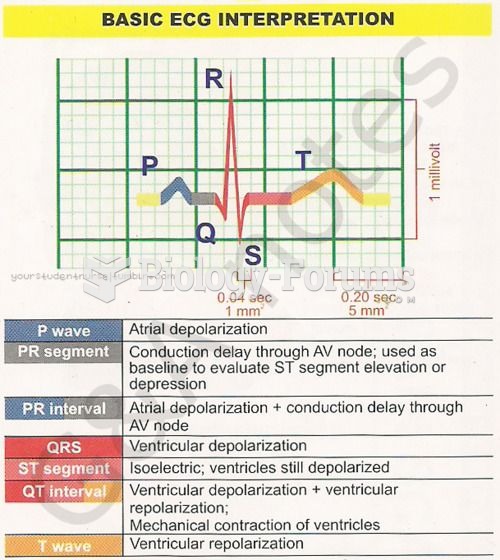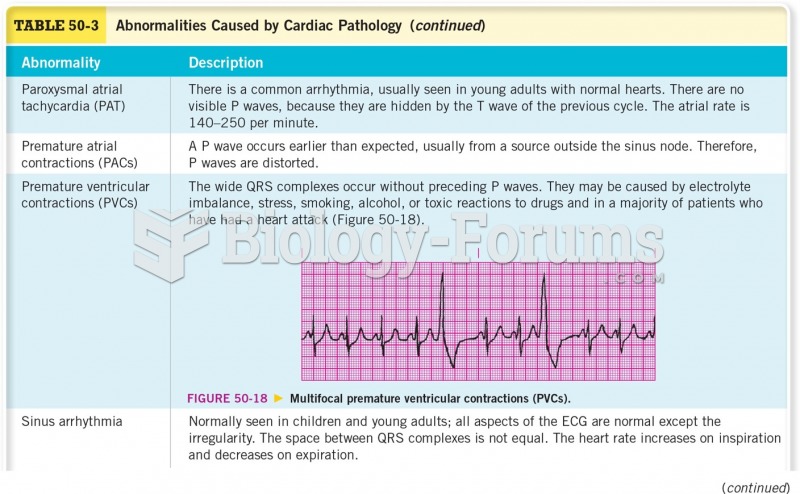Answer to Question 1
Correct Answer: 2
Rationale 1: Dealing with the spouse's fears and concerns right now is not the priority need-the client's emergency situation is.
Rationale 2: Clarity and brevity provide a message that is simple and clear. In this situation, taking time to explain and/or address all of the spouse's needs and concerns is inappropriate. Not only will the client be unable to process extra information, but the nurse doesn't have time to give long, drawn out explanations about the situation.
Rationale 3: Clarity and brevity provide a message that is simple and clear. In this situation, taking time to explain and/or address all of the spouse's needs and concerns is inappropriate. Not only will the client be unable to process extra information, but the nurse doesn't have time to give long, drawn out explanations about the situation.
Rationale 4: Clarity and brevity provide a message that is simple and clear. In this situation, taking time to explain and/or address all of the spouse's needs and concerns is inappropriate. Not only will the client be unable to process extra information, but the nurse doesn't have time to give long, drawn out explanations about the situation.
Answer to Question 2
Correct Answer: 3
Rationale 1: Pace help indicate interest, anxiety, boredom, or fear-all of which modify the feeling and impact of the message.
Rationale 2: Intonation helps indicate interest, anxiety, boredom, or fear-all of which modify the feeling and impact of the message.
Rationale 3: Simplicity includes the use of commonly understood words, brevity, and completeness. A bowel prep may be completely meaningless to a client, but telling him that he needs to drink a gallon of laxative-like medication gets the point across better. Esophagogastroscopy is a complicated word. Using words like small camera looking down your throat into your stomach will make much more sense to the client.
Rationale 4: Clarity and brevity imply that the message is direct and simple-saying precisely what is meant and using the fewest words necessary.







